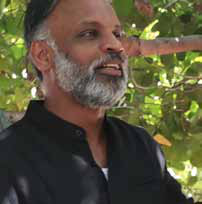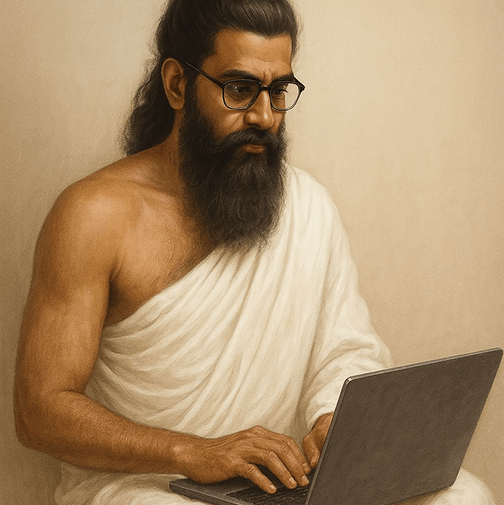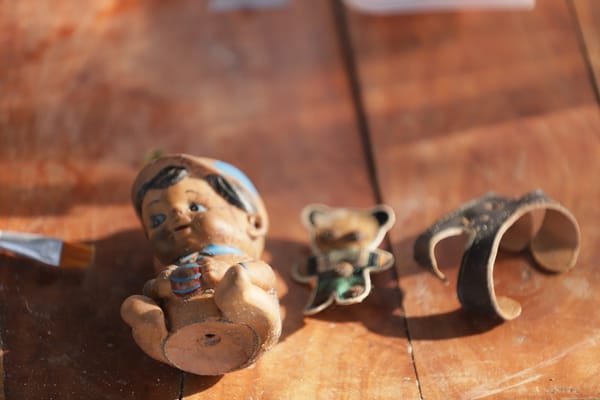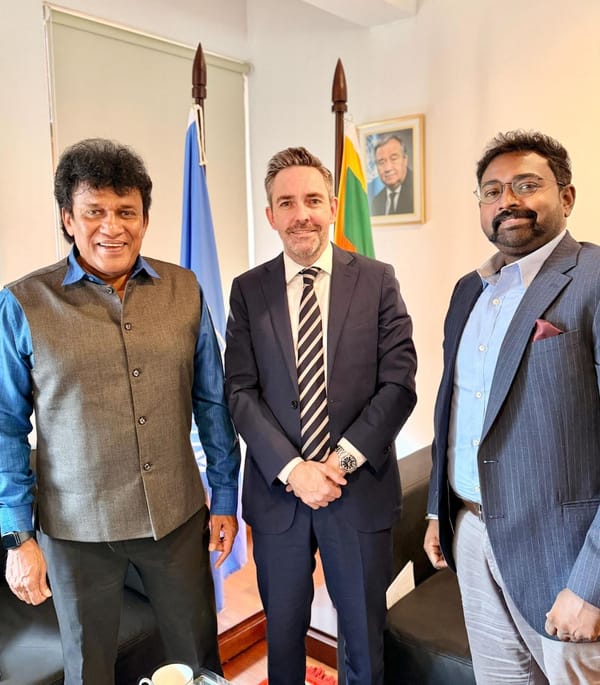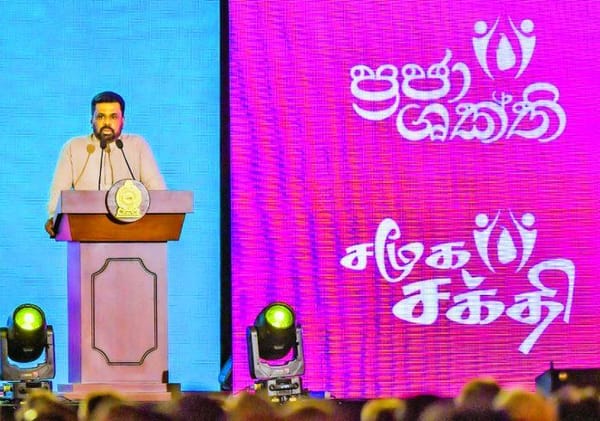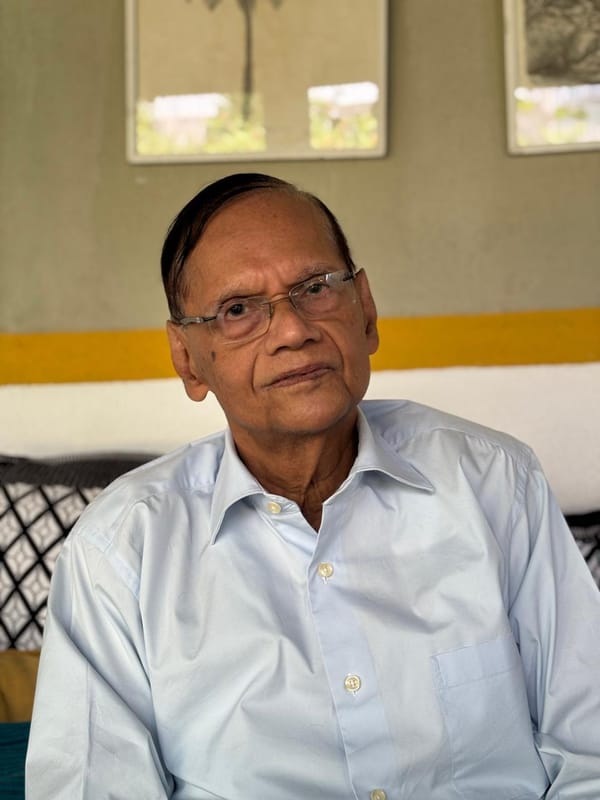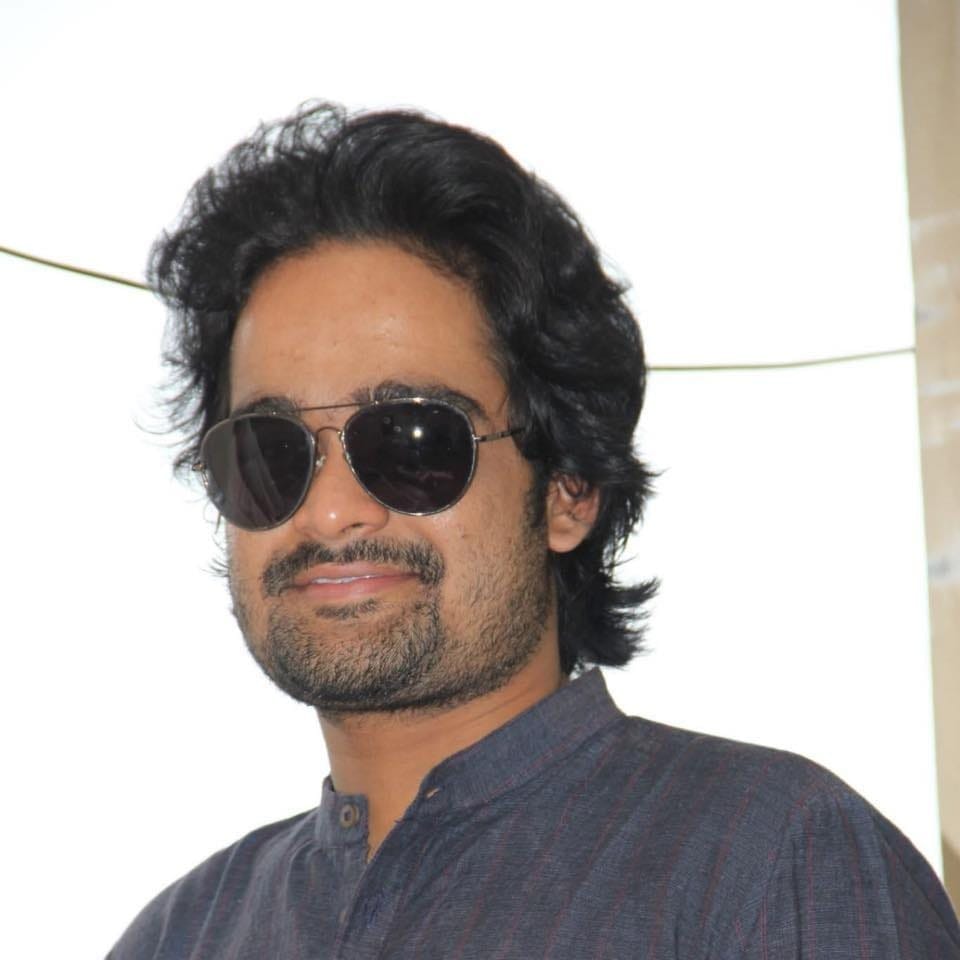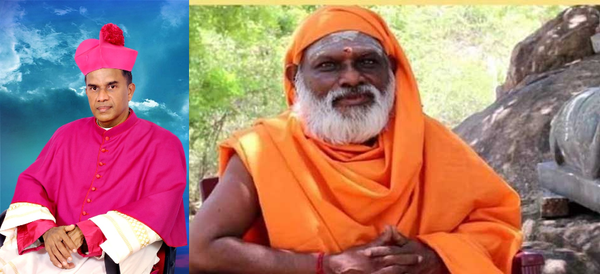In Eelam Tamil politics, few words have caused as much damage—or claimed as many lives—as the word “traitor.” And it was S.J.V. Chelvanayakam, founder of the Ilankai Thamil Arasu Katchi (Federal Party) in 1949, who first slipped this venom into the bloodstream of Tamil political discourse.
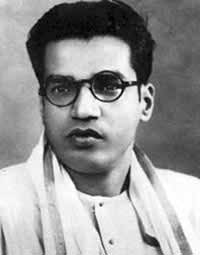
Until then, the Tamil Congress and its leader G.G. Ponnambalam had struggled to make in roads in the East. They remained a northern force—Jaffna-centric, both in character and reach.
In the East, the man of the moment was V. Nalliah Master—a respected leader who served as Deputy Minister for education, health, and postal services. But to plant the Federal Party’s flag in the East, Chelvanayakam launched a smear campaign, branding Nalliah as a “kaikkooli” (a political stooge)—someone blindly loyal to the Sinhalese-led government.
Stage by stage, rally by rally, the insult echoed across the East. And only after bringing Nalliah master down did the Federal Party finally step into the region.
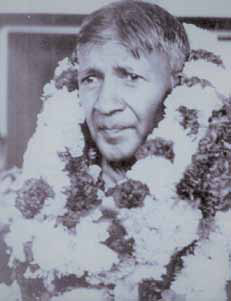
Years later, Chelvanayakam’s political heir A. Amirthalingam would refine the rhetoric. “Kaikkooli” wasn’t sharp enough. He needed a word with blood on its edge. And so, “traitor” entered the lexicon—with Alfred Duraiappah,
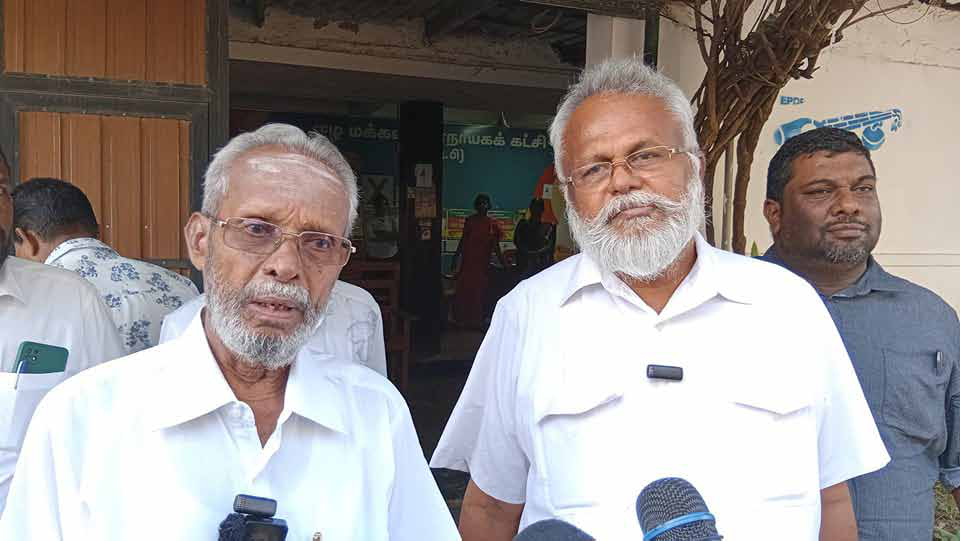
Amirthalingam’s rival in Jaffna, as its first public victim. That word became a bullet— fired by a young Velupillai Prabhakaran, barely in his twenties.
What began as a slur soon evolved into an ideology. Prabhakaran used the label “traitor” not merely to justify assassinations, but to silence dissent, dismantle rival militant movements, and consolidate Tamil nationalist power under the LTTE. In a grim twist of fate, he would eventually turn the gun on Amirthalingam himself—the very man who first taught him to see Duraiappah as a traitor. Thus was born a politics of moral absolutism— where to disagree was to betray, and to betray was to die.
No one has worn the label “traitor” more often than Douglas Devananda. For decades, Tamil nationalist media hurled the word at him with unrelenting force. Yet, for all the LTTE’s reach and firepower, they never managed to silence “traitor Douglas.” Nor could they ever claim the satisfaction of having done so.
And now, history turns a curious corner.
The party that first unleashed this rhetoric the Federal Party—must now be the one to bury it. And the man leading that quiet burial is none other than C.V.K. Sivagnanam, Acting Leader of the party and once a trusted figure in the eyes of Prabhakaran himself.
By walking into Douglas Devananda’s office in Jaffna-by asking for his support to form local government bodies-Sivagnanam did more than strike a political deal. He challenged a legacy. He stepped into the shadow of Chelvanayakam and began the long, painful work of undoing the curse his party had cast.
What Chelvanayakam began, Sivagnanam is now trying to end. In doing so, in his own quiet way, he is seeking to wash away the sins of his party, the legacy of his political ancestors, and the bloodstains they left behind.
Destiny, it seems, has its own strange rhythm.

